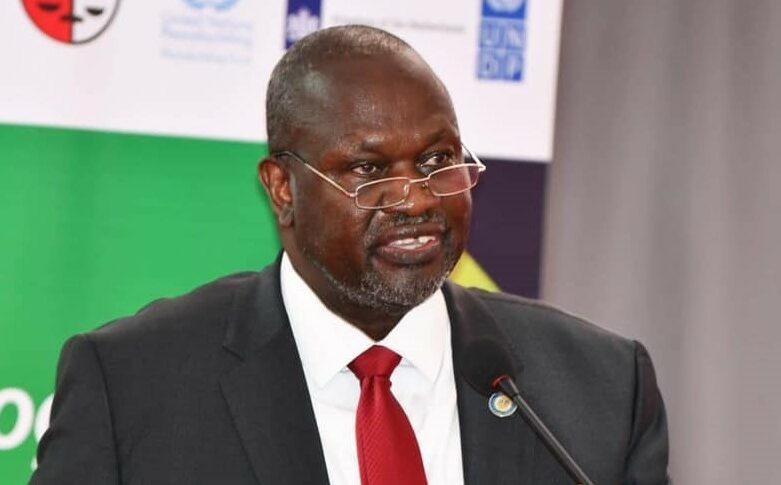SPLM-IO pulls out of Kenya-mediated peace initiative
- 17 July 2024
- In Governance, News, Opposition, Politics, SAF RSF fighting, South Sudan
Representatives of the South Sudan opposition alliance, other political parties, and members of the stakeholders spanning civil society organizations and faith-based groups are participating in all various mechanisms and transitional government of national.
These groups are also participating in the negotiation as a delegation of the government in the talks with members of the hold out group, a group of political and military dissident who did not sign the 2018 revitalized peace.
Talks mediated by the Kenyan government since may been underway between the government and the hold out groups, resulting in significant progress. on July 15, the government delegation in which representatives of the SPLM-IO participating in the process and the hold out group signed a deal of eight protocols on thematic issues.
The agreement on eight protocols generated a mixed reaction and the Political Bureau of the Sudan People’s Liberation Movement in Opposition (SPLM-IO) met on July 16, 2024, in Juba and resolved to withdraw from the ongoing Kenyan-mediated peace talks between the government and holdout opposition groups in Nairobi.
“The Initiative has arrogated to itself many roles including being a funder, a supervisor, a coordinator, a convener of a donor conference, a fund manager, a monitor of the implementation, a guarantor and a governing authority. Therefore, the “Tumaini Initiative” undermines the sovereignty of the Republic of South Sudan, partly reads. It adds that:
“The proposed Security Sector Reforms/Oversight Commission takes over functions of the following existing mechanisms and institutions of R-ARCSS: Security Supervision Mechanism (SSM), head and deputy appointed by IGAD, Ceasefire Transitional Security Arrangements Monitoring Mechanism (CTSAMM), head and deputy appointed by IGAD, Reconstituted Joint Monitoring and Evaluation Commission (RJMEC), head and deputy appointed by IGAD, Strategic Defense and Security Review Board (SDSRB), co-chaired by the Parties to the R-ARCSS and National Transitional Committee (NTC).”
Machar contends that the proposed National Leadership Council (NLC) whose decisions “shall be final and not subject to approval by the Cabinet or Legislature” usurps the powers of the Presidency, the Council of Ministers, the National Legislature, and the National Security Council.
“The roles of the guarantors namely, IGAD, AU, C5, UN, EU, Troika, and IGAD Partners Forum, who are seized of the peace process in South Sudan, are muted,” the SPLM-IO asserted. “In light of the above development, the SPLM/SPLA (IO) rejects the initialed Protocols and declares its withdrawal from the Tumaini Initiative as it has deviated from the intended purpose of being an Annex to R-ARCSS and not a stand-alone Agreement.”
“In conclusion, we would like to reiterate our unwavering commitment to inclusive peace and implementation of the R-ARCSS as the only viable framework for attaining sustainable peace and stability in South Sudan,” the opposition outfit resolved.
(ST)

